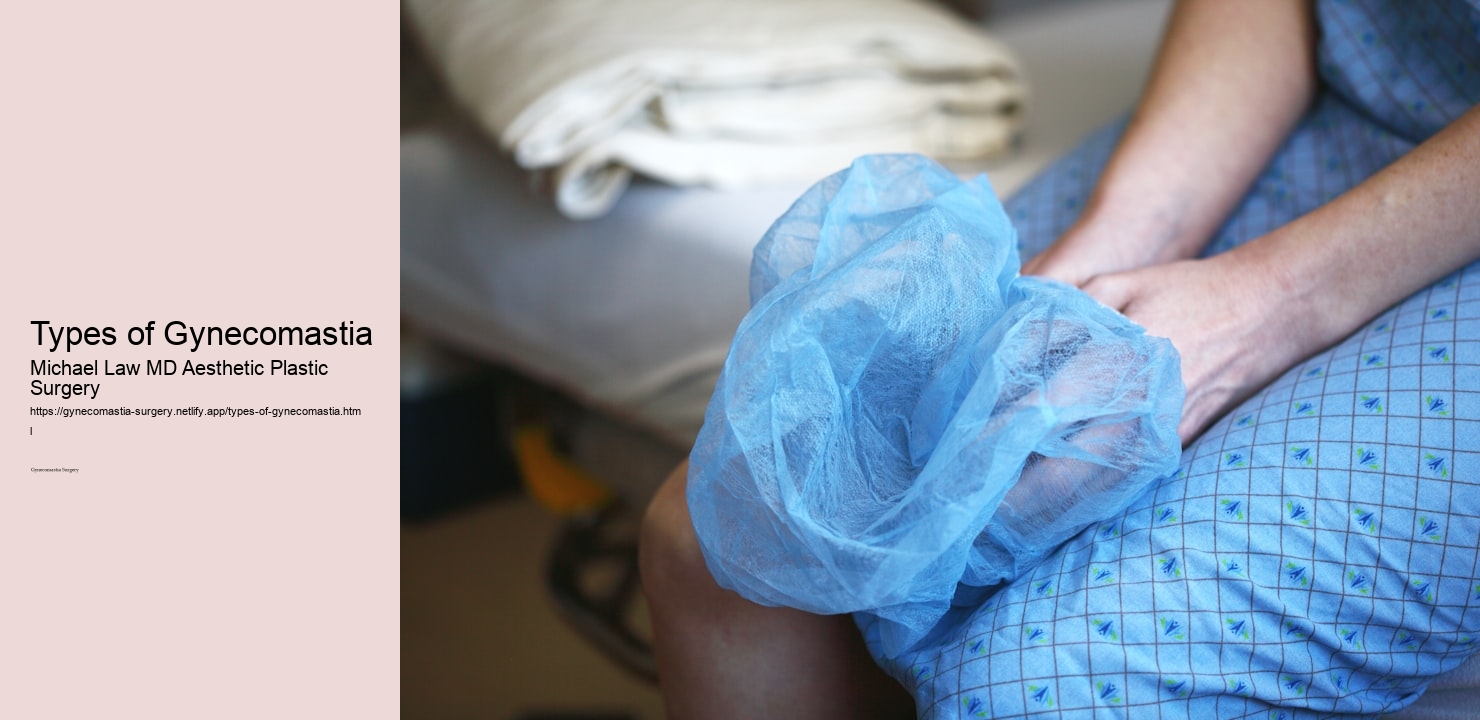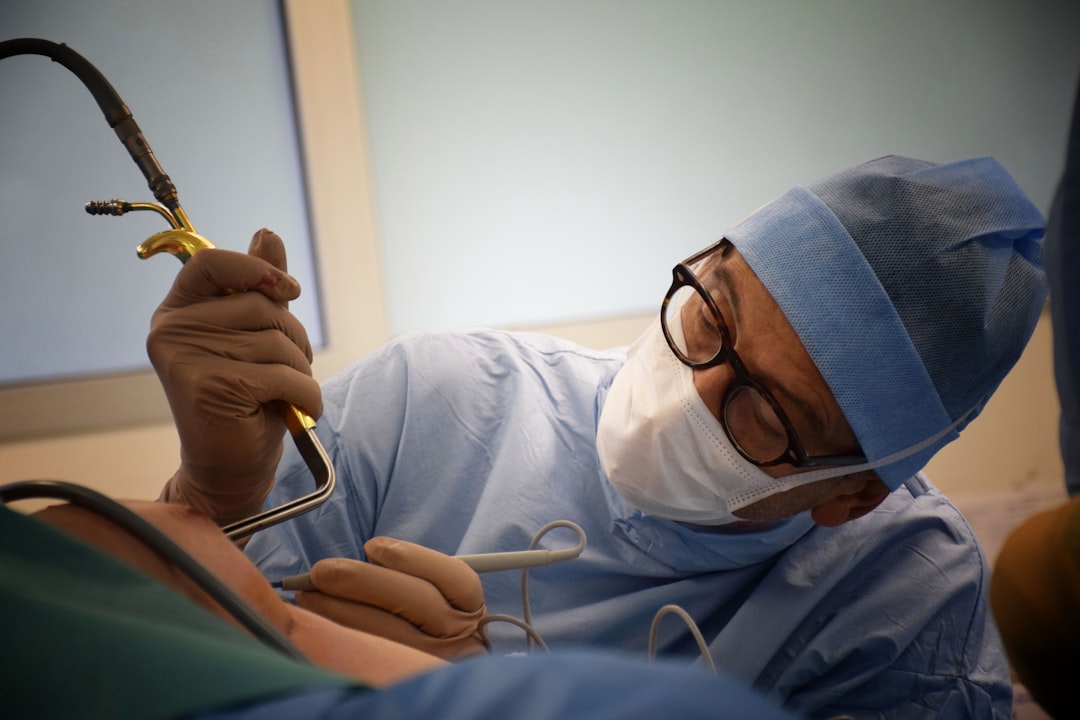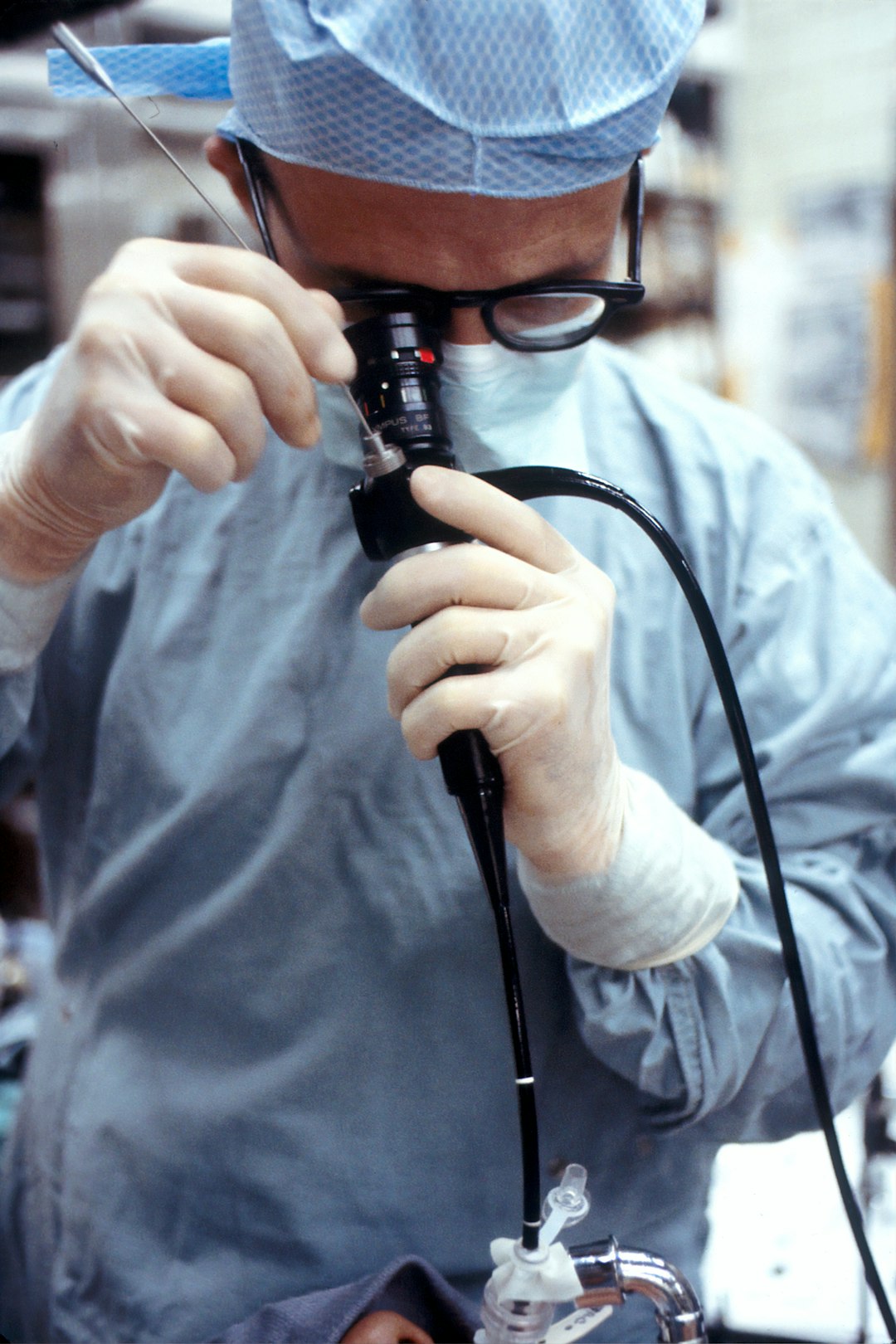

Many patients report significant improvements in self-esteem and quality of life. Surgeons strategically place incisions in areas where scars are less noticeable, such as the border of the areola or within natural skin folds. Others consist of a combination of glandular and fatty tissue, leading to a more noticeable feminized breast appearance.
Many patients report that any residual scarring is a small trade-off for the improved quality of life achieved through surgery. Despite the financial aspect, many find the benefits of improved appearance and confidence outweigh the costs.
The cost of gynecomastia surgery is another consideration for many patients. The positive impact on self-esteem often extends to other areas of life, including relationships and professional interactions.
When discussing gynecomastia surgery, it is essential to recognize its individualized nature. Another important aspect of gynecomastia surgery is revisional procedures.
This ensures that the surgical plan aligns with the patient's goals and produces natural, aesthetically pleasing results. Patients often express concerns about whether gynecomastia surgery is covered by health insurance. In some cases, the condition may include excess skin, further impacting the chest's appearance.
This is more common in patients who have experienced significant weight loss or long-standing gynecomastia. Some cases involve only glandular tissue, presenting as a firm lump behind the nipple.
Recovery from gynecomastia surgery is straightforward for most patients. Revision surgeries focus on correcting these issues, often using advanced techniques such as fat grafting or scar revision to achieve a more aesthetically pleasing result.
Gynecomastia is a common condition affecting men of various ages, characterized by the enlargement of breast tissue. Liposuction helps sculpt the chest and achieve a smooth, natural contour.
For cases involving primarily glandular tissue, direct excision is the preferred technique. During the consultation, patients should expect a thorough assessment of their condition and a detailed discussion of treatment options. A thorough evaluation by an experienced surgeon is essential for planning and executing these procedures.
One significant concern among individuals considering gynecomastia surgery is the potential for visible scars. This renewed confidence often extends to social and professional interactions, making the decision to pursue surgery a life-changing step for many men.
In rare cases, treatment may be partially covered if the condition is linked to a documented medical issue. This thorough approach ensures a positive experience and optimal results.
This approach involves removing the tissue through a small incision along the lower border of the areola, leaving minimal visible scarring. For those with combined glandular and fatty tissue, liposuction is often employed in conjunction with excision to sculpt the chest area and enhance the overall contour.


Patients with significant skin laxity or large-volume gynecomastia often benefit greatly from this comprehensive approach. Gynecomastia surgery has far-reaching benefits beyond the physical. This condition can range from minor swelling around the nipple to a more pronounced, feminized chest appearance.
From mild cases involving glandular excision to complex surgeries requiring advanced techniques, the goal is to achieve a natural and masculine chest appearance. Every case varies in terms of tissue composition, severity, and patient expectations.
During the consultation process, patients should expect a comprehensive evaluation, including a discussion of their medical history, goals, and expectations. Revisional surgery is another important consideration for patients who have undergone previous gynecomastia procedures but are dissatisfied with the results.
The procedure varies depending on the type and severity of gynecomastia. The causes of gynecomastia are diverse.
This method ensures discreet scarring while removing the tissue responsible for the enlarged appearance. Patients generally resume normal activities within a few days, though strenuous exercise is often delayed for several weeks to ensure optimal results. Each case is carefully evaluated to balance the benefits of improved appearance with the potential for scarring.
At Michael Law MD's practice, the focus is on providing compassionate care and delivering results that meet each patient's goals. Beyond the physical changes, gynecomastia surgery has profound effects on a patient's confidence and overall quality of life.
While the procedure is widely regarded as cosmetic, insurance coverage is limited. While these procedures may result in more visible scarring, careful surgical planning and post-operative care can minimize their appearance.
At Michael Law MD's practice, the focus is on providing individualized care tailored to each patient's unique needs. Severe gynecomastia cases, particularly those involving excess skin, may require more extensive procedures.

While it is not typically harmful, gynecomastia can lead to discomfort, self-consciousness, and social anxiety. Each of these variations requires a tailored approach to treatment, making personalized surgical planning critical. Recovery from gynecomastia surgery is typically straightforward.
For patients with a combination of glandular and fatty tissue, liposuction is often used alongside excision to sculpt the chest and achieve a smooth contour. The surgical treatment of gynecomastia is customized based on the severity of the condition and the patient's unique anatomy.
Similarly, stopping the use of medications or steroids that contribute to the condition may not reverse its effects, making surgery the most effective option. However, in some cases, the breast tissue enlargement persists into adulthood.
Choosing the right surgeon is critical for achieving the best outcomes. For some, the enlargement may primarily involve glandular tissue requiring excision, while others may experience a combination of fatty deposits and glandular tissue.
Revisional surgeries involve addressing these concerns through techniques such as tissue removal, fat grafting, or scar revision. Selecting the right surgeon is an essential step in ensuring successful outcomes. Understanding the specific factors behind each patient's condition helps inform the most effective treatment plan. Hormonal fluctuations during puberty are one of the most common triggers, with the condition resolving naturally for many individuals.
Beyond the physical changes, gynecomastia surgery offers profound psychological benefits. The procedure is typically performed on an outpatient basis, allowing patients to return home the same day. Recovery from gynecomastia surgery is typically manageable.
In cases requiring larger incisions, scar management techniques, including silicone-based treatments, massage, and laser therapy, can significantly improve the appearance of scars over time. For patients considering gynecomastia surgery, understanding the procedure, its outcomes, and the recovery process is essential. In some cases, gynecomastia results from external factors such as weight gain, medications, or the use of anabolic steroids.
Other contributing factors include weight changes, certain medications, medical conditions, and the use of anabolic steroids. Gynecomastia may develop due to an imbalance between testosterone and estrogen levels. For more complex cases that combine glandular and fatty tissue, liposuction is often employed in conjunction with tissue excision.

Cosmetic surgery is a medical specialty involving the reconstruction, repair, or change of the human body. It can be divided right into 2 main categories: reconstructive surgery and plastic surgery. Cosmetic surgery covers a wide variety of specialties, consisting of craniofacial surgical procedure, hand surgery, microsurgery, and the treatment of burns. This classification of surgery concentrates on recovering a body part or enhancing its feature. In contrast, cosmetic (or aesthetic) surgical procedure concentrates exclusively on improving the physical appearance of the body. A comprehensive meaning of cosmetic surgery has never been developed, since it has no distinct anatomical item and hence overlaps with almost all other medical specialties. A vital attribute of plastic surgery is that it includes the treatment of problems that need or might need cells moving skills.
.